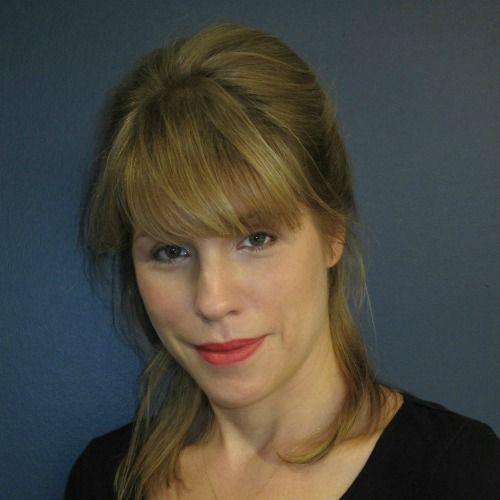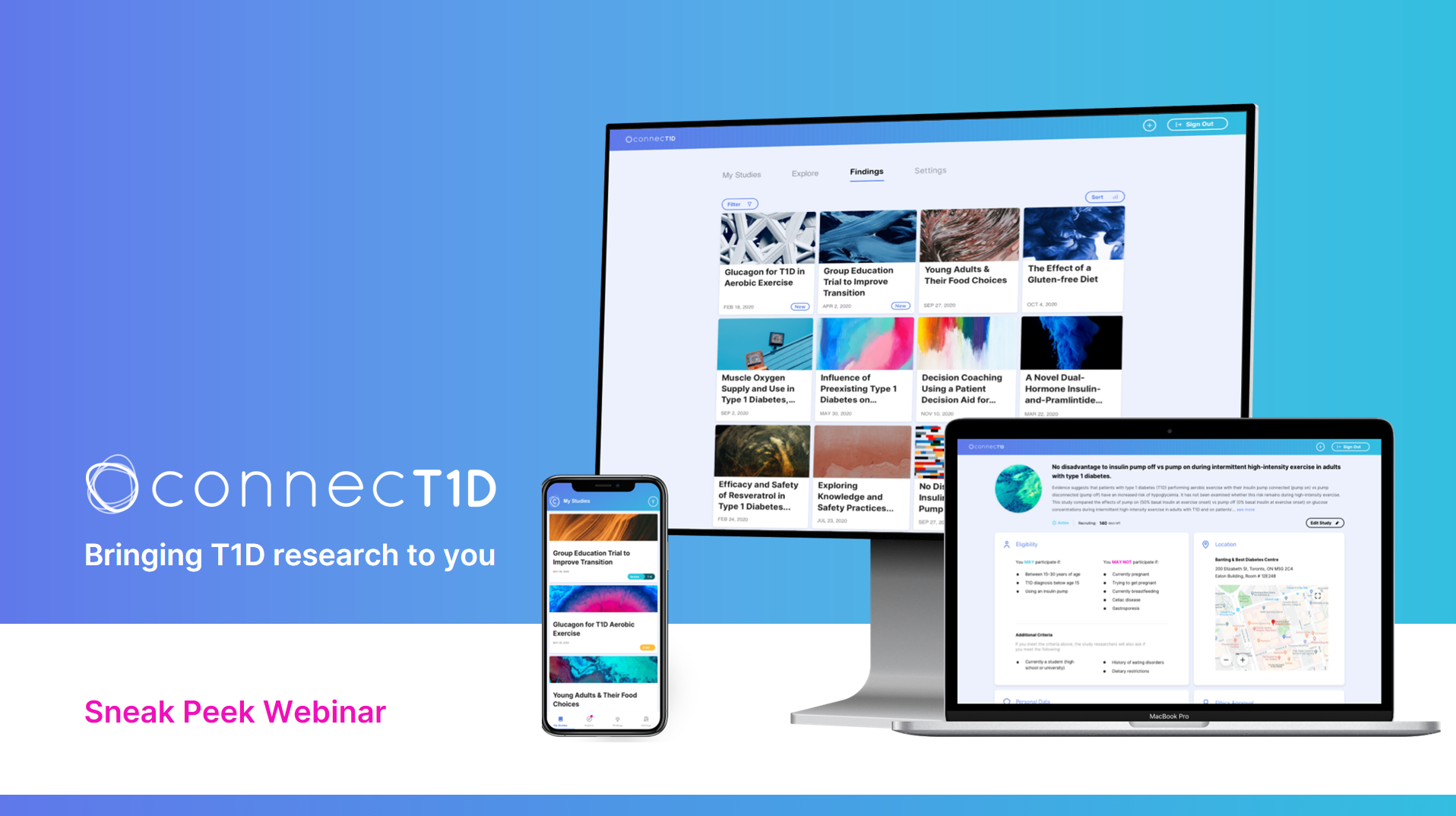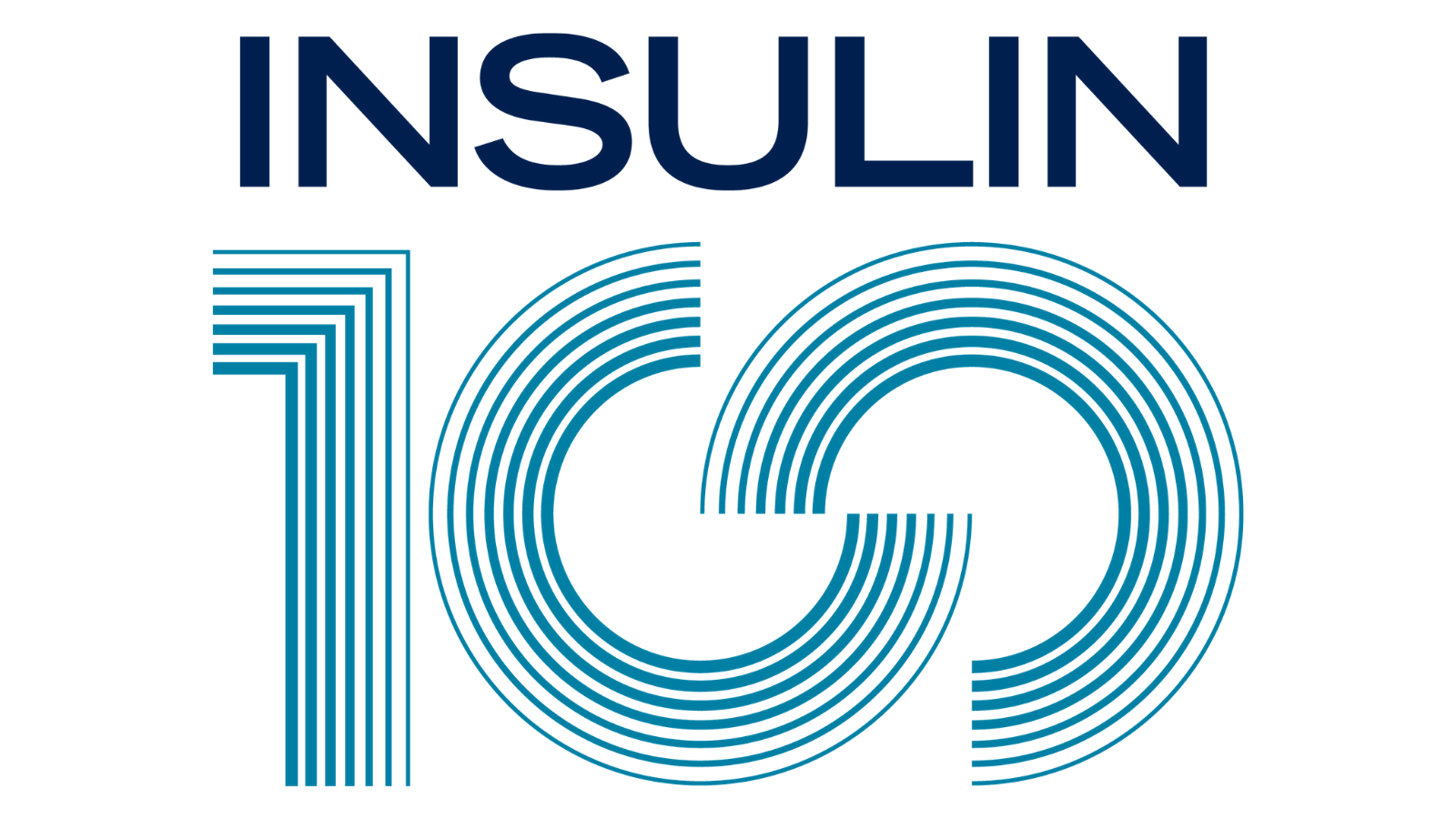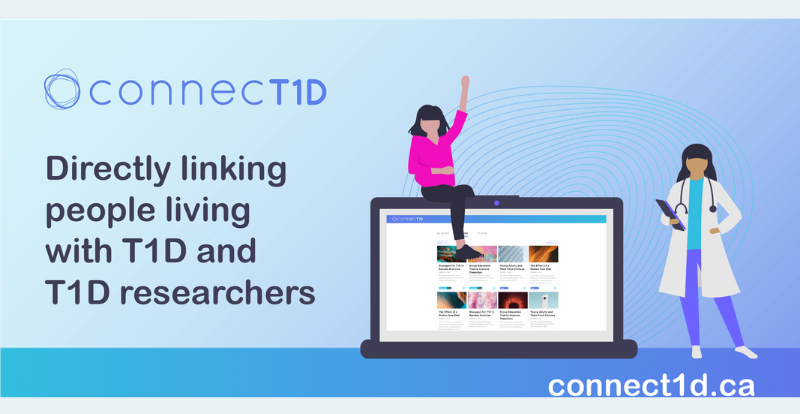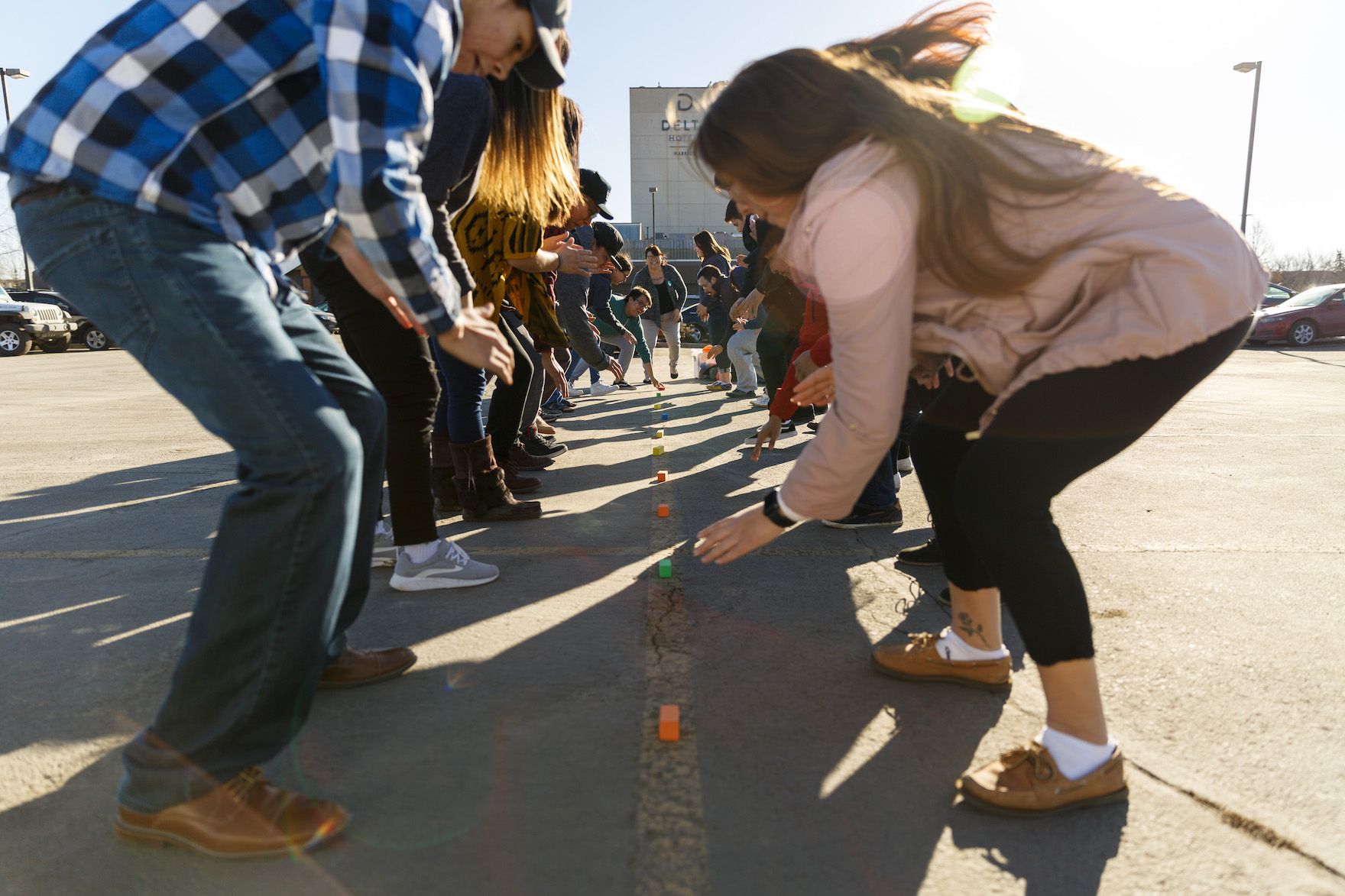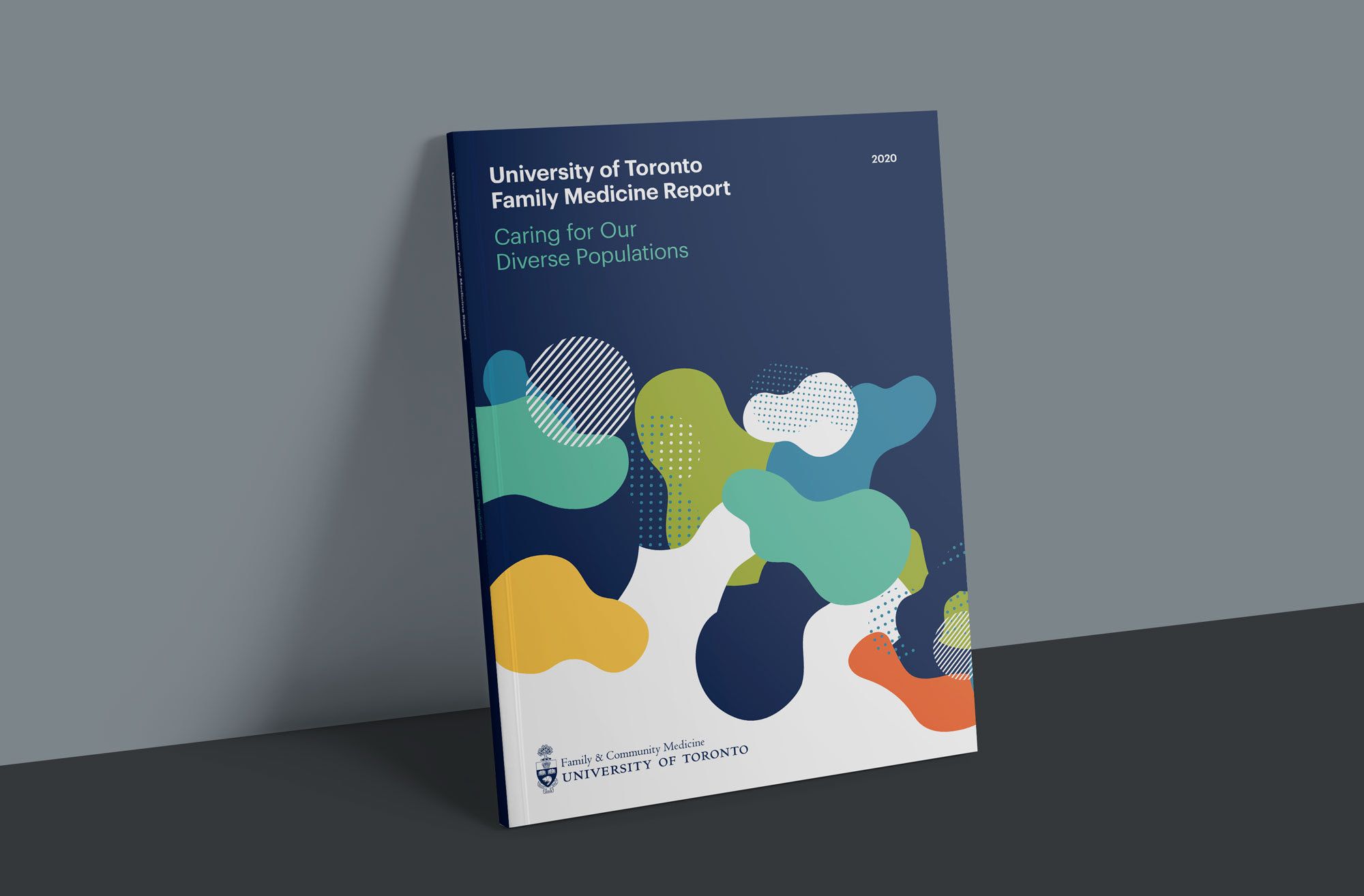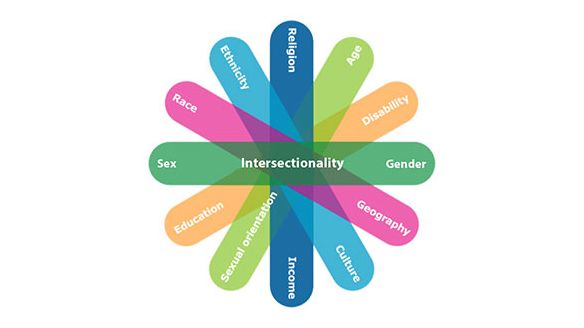By Krista Lamb
This month, the Indigenous Youth Mentorship Program (IYMP) was named one of eleven programs in the Healthy Futures Initiative by LEAP | Pecaut Centre for Social Impact’s Health Futures Accelerator.
With support from the Public Health Agency of Canada, LEAP is providing in-depth strategic and operational support, coaching, capacity building and funding to the selected social ventures. The goal of this support is for recipient programs to scale and increase their combined impact to reach even more Canadians over the next five years.
IYMP is a relationship-based, mentor-led healthy living afterschool program delivered by Indigenous adolescents for children in their community. This investment from LEAP will allow the IYMP team to enhance its programming in the existing 50 communities where it currently operates, and expand to more than 100 plus communities in the next five years.
The funding will make a meaningful difference in the lives of participants, bringing needed resources to continue to grow a program aimed at providing tailored health strategies to individual communities.
“We’ve reframed diabetes prevention in a culturally-safe framework and we focus on resilience,” says Dr. Jonathan McGavock, a Settler scientist from the University of Manitoba, an investigator at the Children’s Hospital Research Institute of Manitoba, and Diabetes Action Canada researcher, who is helping support the research arm of IYMP. “By engaging Indigenous youth from their community in adapting and delivering the program, they can tailor it in the ways that work best. This peer mentoring, culturally-safe program overcomes the Westernized individualized approach.”
Since its inception, IYMP has received support from Diabetes Action Canada and other funding organizations, which allowed the team to slowly build capacity and prove that their success could translate to a larger number of communities. This additional funding from LEAP will provide even more opportunities for growth and will allow IYMP to move from a research home to a community-based organization called Ever Active Schools. It will also allow for important messaging about diabetes to take hold in the minds of youth who may be at risk.
“We tend to blame diabetes on people. You haven’t done this, you haven’t done that,” says McGavock. “We take that out of it. We’re really trying to rethink this so that it can be something that’s sustained in the long term, but also is culturally safe and grounded in the teachings and Indigenous knowledge that communities have had for millennia.”
While COVID has caused the program to pivot this year, McGavock has been inspired by the ingenuity that the young adults running the program have shown in adapting. They have offered outdoor lunch programs, virtual programming and other solutions that help meet youth where they are at, including adjusting programming times to reflect new online school schedules.
The face-to-face training sessions and large team gatherings that have been a highlight of the program in past years, bringing together youth from across Canada to connect, share and learn from each other, have had to be temporarily halted. McGavock and the IYMP team across Canada are eager to get back to doing that work, but also excited to see that even without those opportunities to bond, the program is thriving.
“We can’t travel to communities; they can’t travel to see us. So that’s going to be a challenge,” says McGavock. “But we want to connect more deeply with communities, through web platforms, through storytelling. This past spring, we did two months of fireside chats with Elders and reflections from the community on what IYMP means to them. We’ve really tried to connect ourselves more deeply as a group, and see if we can broaden it more widely, or more deeply within the community and reach more kids.”
Learn more about the Indigenous Youth Mentorship Program.
Learn more about LEAP Pecaut Centre for Social Change.
